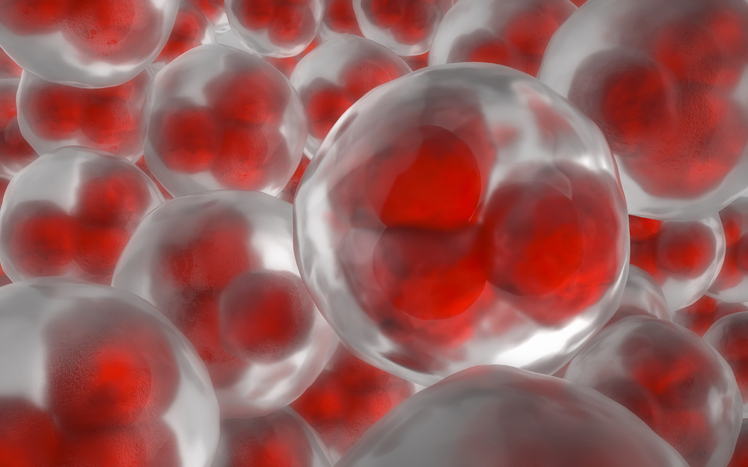In a study to be published in the New England Journal of Medicine, scientists [1] show that in-vitro fertilisation procedures using frozen embryos generate the same number of births as fresh embryo techniques. This study was carried out in the light of preference for embryo-freezing techniques demonstrated by fertility clinics. The percentage of live births varied between 32 and 34% with both techniques[2].
The scientists explain that, “Our main concern is that IVF embryo freezing does not hamper a couple’s chances of having a baby”. But they also conclude that “the freezing process incurs additional costs without generating a higher number of births”.
Editor’s note: In France, 221,538 embryos were frozen following MAP procedures as at 31 December 2015[3]. If they do not feature in a parent project, these embryos are destroyed, used for research purposes or donated to another infertile couple. By creating large numbers of embryos, MAP has become the leading supplier of “embryonic raw material” for scientists.
For further reading:
Medical press (10/01/2018)

